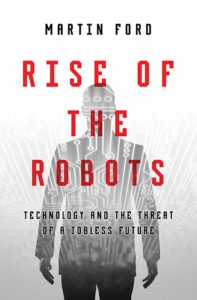Conferences are the heart of the PL research community. The best PL research is published at conferences, following a rigorous peer review process on par or better than the process of high-quality journals. Conferences are also where science gets done. As the respective community gathers to learn about the latest results, its members also network and interact, developing collaborations or carrying on projects that could produce the next breakthroughs. At conferences, students and young professors can rub elbows with luminaries, and researchers can develop problems and exchange ideas with practitioners.

Air travel warms the planet disproportionately
One drawback of conferences (compared to other forms of research publication) is their cost. The monetary cost is obvious: at least one of a paper’s authors must pay to attend the conference, a cost that includes registration, travel, and hotel. Another cost that is less often considered is the environmental cost. In particular, I’m thinking of the impact that travel to/from the conference has on global warming. Most conference attendees travel great distances, and so travel by airplane. But air travel is particularly bad for global warming. So I wondered: what is the cost of conference travel, in terms of carbon footprint?
To get some idea, I decided to estimate the carbon footprint of the PLDI’16 program committee (PC) meeting, held just before and at the same venue as POPL’16. The result directly sheds some light on the carbon footprint of in-person PC meetings, and by treating it as a sample of the PL community overall, sheds light on the carbon footprint of PL conferences. In this blog post I present the results of my analysis and conclude with thoughts about possible actions to mitigate environmental cost.
Continue reading →


